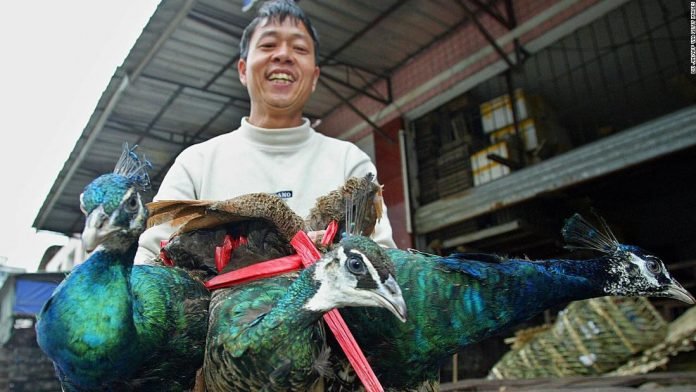Chinese Government is poised to enact legislations banning the consumption and farming of wild animals across China, following the outbreak of Coronavirus.
The Coronavirus epidemic is believed to have started at a wildlife market in Wuhan, although it is unclear which animal transferred the virus to humans, China has acknowledged it needs to bring its lucrative wildlife industry under control if it is to prevent another outbreak.
In late February, it slapped a temporary ban on all farming and consumption of “terrestrial wildlife of important ecological, scientific and social value,” which is expected to be signed into law later this year.
But ending the trade will be hard. The cultural roots of China’s use of wild animals run deep, not just for food but also for traditional medicine, clothing, ornaments and even pets.
This isn’t the first time Chinese officials have tried to contain the trade. In 2003, civets — mongoose-type creatures — were banned and culled in large numbers after it was discovered they likely transferred the SARS virus to humans. The selling of snakes was also briefly banned in Guangzhou after the SARS outbreak.
‘Public health experts say the ban is an important first step, but are calling on Beijing to seize this crucial opportunity to close loopholes — such as the use of wild animals in traditional Chinese medicine — and begin to change cultural attitudes in China around consuming wildlife.
But today dishes using the animals are still eaten in parts of China.
![]()










